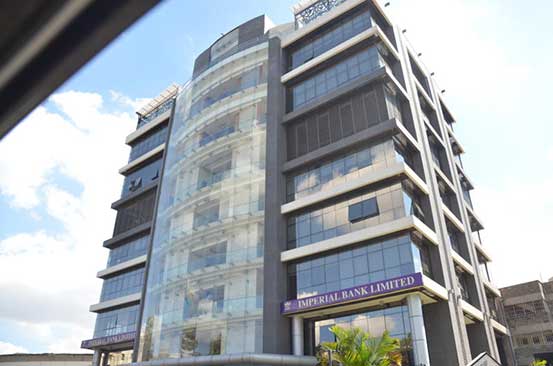×
The Standard e-Paper
Join Thousands Daily

Panic hit the banking sector Wednesday after a list of some banks circulated on social media with claims that they could be closed a day after the collapse of Imperial Bank.
This prompted the Central Bank of Kenya (CBK) to issue a statement to calm fears of a run on commercial banks, which could have devastating outcomes for the sector.